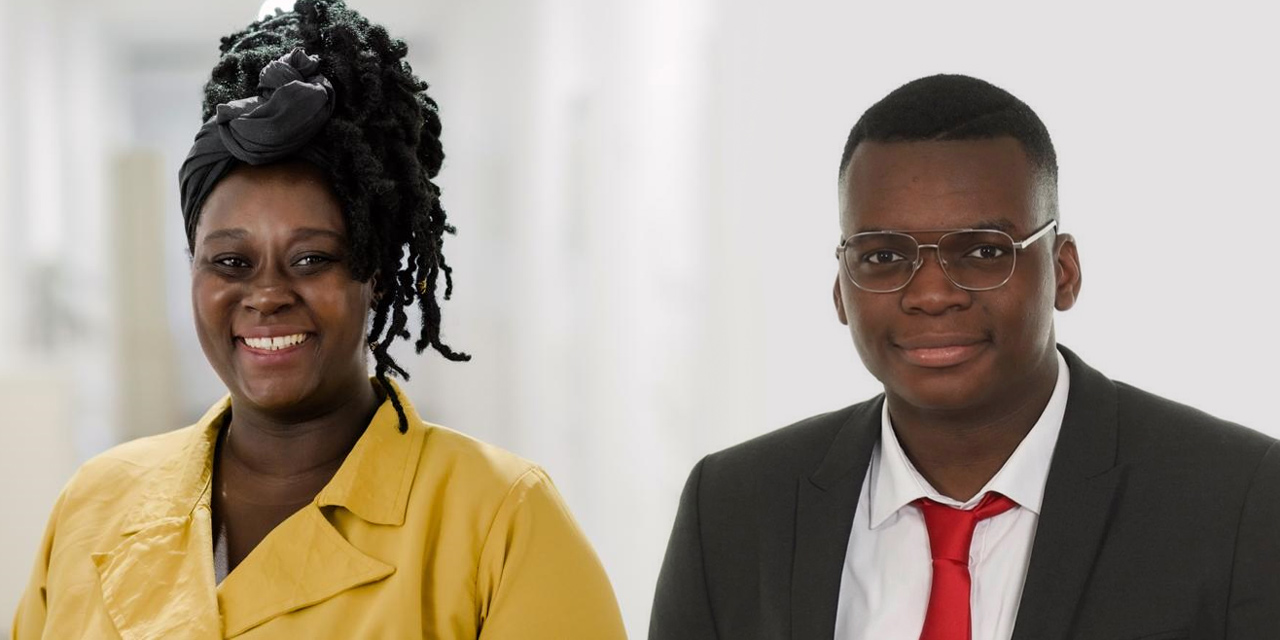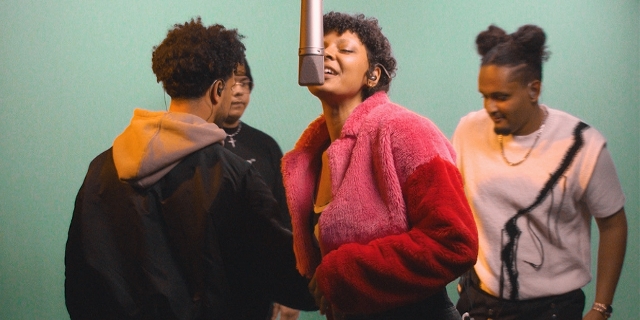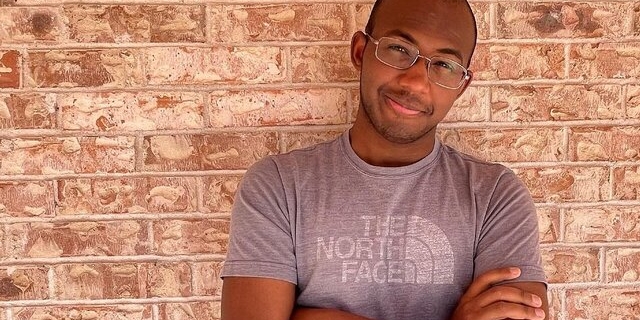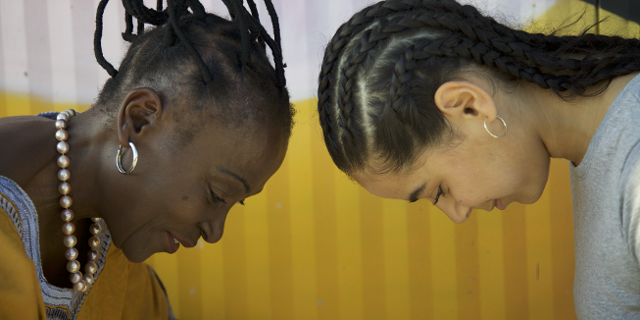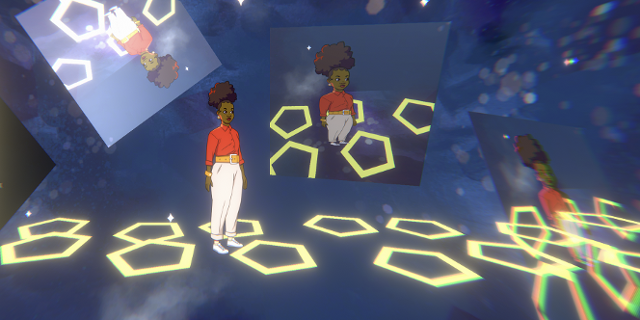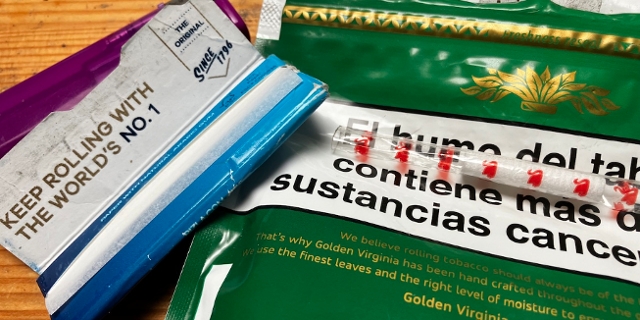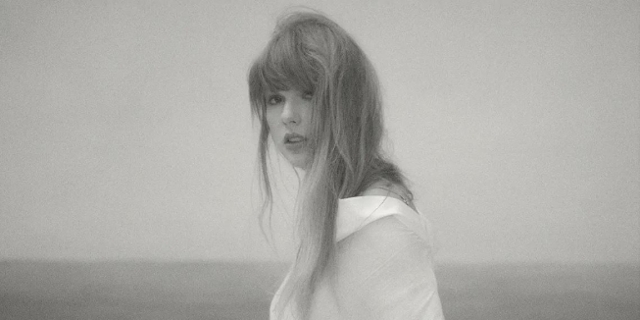People of Color in den österreichischen Parteien: Immer auch Trailblazer
Von Siri Malmborg und Joanna Bostock
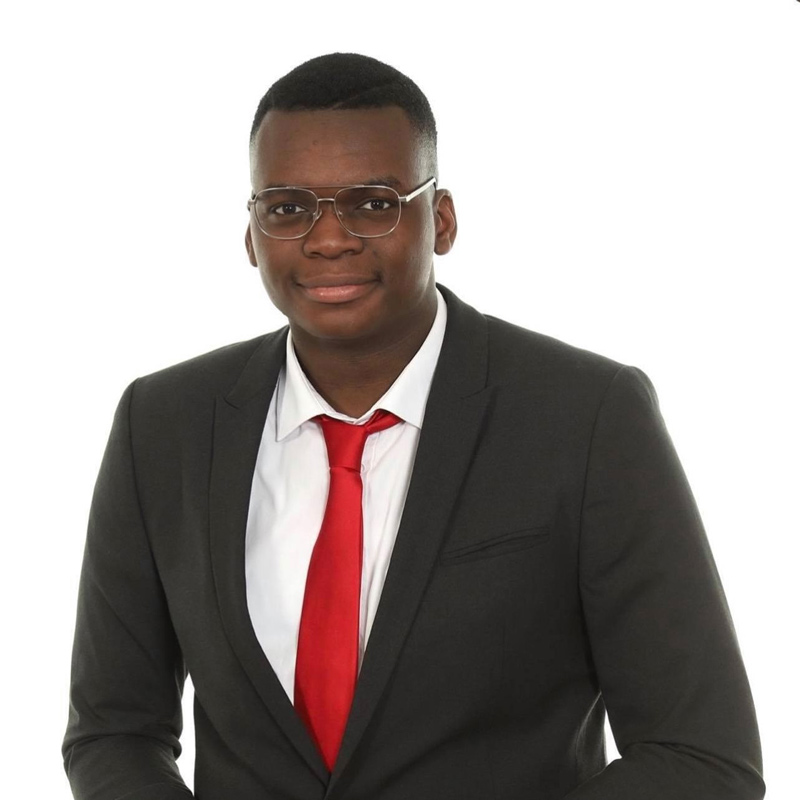
Jérémie Dikebo
Jeremie Dikebo ist 19 Jahre alt und damit einer der jüngsten Gemeinderäte in Österreich. Seit 2021 ist er SPÖ-Gemeinderat in Ried im Innkreis. Er ist außerdem einer der wenigen People of Color in den österreichischen Gemeinderäten. Er hat viel vor.
Was hat dich motiviert, in die Politik zu gehen?
Jeremie Dikebo: „Es gab mehrere Faktoren, bildungspolitische und persönliche. Bildungspolitisch, weil sich einiges ändern muss. Das war, weshalb ich als Landessprecher der Berufsschulen kandidiert habe, wo ich auch im Schuljahr 2020/21 Schulsprecher geworden bin. Und persönlich, weil es mir wichtig ist, die Community der Black People of Color zu repräsentieren.“
Was ist dein weiterer Plan?
„Mein nächstes Ziel ist, bei der Nationalratswahl 2024 zu kandidieren, und mit 35 will ich Bundespräsidentschaftskandidat sein. Ich möchte zeigen, dass in Österreich alles möglich ist. Wenn man groß denkt, kann man auch Großes erreichen. Das ist mein Lebensmotto. Niemand hat vor 15 Jahren gedacht, dass ich eines Tages mal Gemeinderat sein werde. Ich möchte für die Nationalratswahl 2024 kandidieren, um damit auch einen Weg frei zu machen für alle aus dieser Community, die nach mir kommen, die nach uns kommen, und eben auch das Volk vertreten werden.“
Was waren deine Erfahrungen im Gemeinderatswahlkampf?
“Sie waren sehr positiv. Es war ein neuer Wind zu spüren, innerhalb der Stadt, innerhalb der Gesellschaft. Meine Kandidatur hat sehr viel Positives gebracht, aber auch leider Negatives. Rassistische Kommentare stehen halt an der Tagesordnung.”
Hast du Mentor*innen?
“An erster Stelle mein Vater. Er kennt das politische Geschäft, würde ich sagen, und er ist mein Ratgeber in solchen Sachen. Durch ihn bin ich auch in die Politik gekommen. Wie ich noch acht Jahre alt war, habe ich mit ihm sehr viel über Politik diskutiert. Mit zehn Jahren habe ich ihm gesagt, dass ich Politiker sein möchte und für das Volk arbeiten möchte. Wen ich noch Mentorin nennen kann ist Frau Doktor Mireille Ngosso in Wien, die mir immer auch zur Seite steht, wenn ich Fragen habe. Weil sie schon länger in der Politik ist und besonders als Person of Color ist sie eine Stütze für mich.”
Abena Twumasi
Abena Twumasi ist Linzer Gemeinderätin bei den GRÜNEN und Sprecherin für Integration. Sie hat zivilgesellschaftliches Engagement im Elternhaus vorgelebt bekommen und war in der Schule Jugendrotkreuzschulsprecherin. Auch im Verein Black Community OÖ und im Verein Jaapo war sie tätig. Irgendwann lag der nächste Schritt - zu einer Partei zu gehen - auf der Hand. Das Interview wurde teils auf Deutsch, teils auf Englisch geführt.
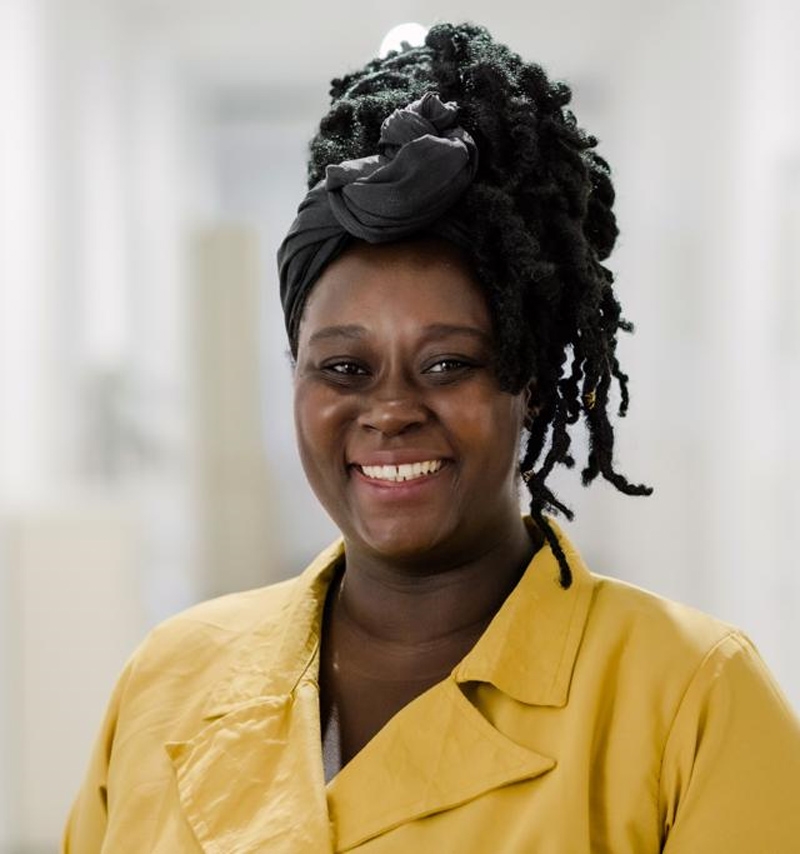
Abena Twumasi
What impact do you feel that you’ve had since becoming a politician?
Abena Twumasi: „I think I have an impact on people’s lives, especially on people who consider themselves as black or persons of colour. Sometimes they approach me and thank me for what I’m doing. I also have to consider the huge impact my political career has had on my personal life. I would say overall it has a positive impact, but then of course there are days where I’m like: why am I doing this again? Why does it have to be me? Can’t someone else do it? In these moments I struggle a lot because it is hard to be the only person who is black - in Linz I’m the only person who is black in the Gemeinderat. Sometimes I ask myself what I could achieve if I wouldn’t have to break down all these barriers that I’m facing, or that my role models are facing. We could achieve so many things. We could use all that energy that we now use to constantly break down the barriers. The world would be a totally different place, but sadly, that’s not the situation right now.“
Can you tell me about the people who were mentors to you?
„Being a black woman in Austria, deciding to go down this road is not an easy decision. You’re going to second guess yourself all the time, but it’s important to know that there are people behind you who are willing to guide you through the system. To accompany politicians to their meetings and them showing me the ropes was like a mentorship to me. I’m not quite sure if they would consider themselves mentors, but I definitely see them as such. Also I learnt that the way they do things doesn’t necessarily have to become the way I do things. So it has been, I would say, a little bit of a self-journey. To reflect more upon the stereotypes I have within me. I don’t think that the majority of people think of Abena, a black woman, when they think of a politician.“
To what extent is there a network of Austrian people of colour within politics?
„The way I’ve experienced it, I would say there is none. But it really depends on where you are situated. Of course, in Linz, we have Marie-Edwige Hartig. She was Gemeinderätin too. Then there’s Beverley Allen-Stingeder from Puchenau. In Vienna, for example, there’s Mireille Ngosso. We connect, but there’s no formal structure of networking. It’s basically up to you to approach people. But the experience I’ve made is whenever you approach people, they are willing to guide you. It’s very important to have people who tell you: So this is what happened to me - doesn’t mean that this is going to happen to you as well, but know that it can sometimes be a little hard.“
How has your experience with voters been since the election?
„In Linz it has been very good. I was really overwhelmed by the positive feedback - I just didn’t expect that. It also shows that our society is able to change, our society is already changing.“
Publiziert am 22.02.2023







